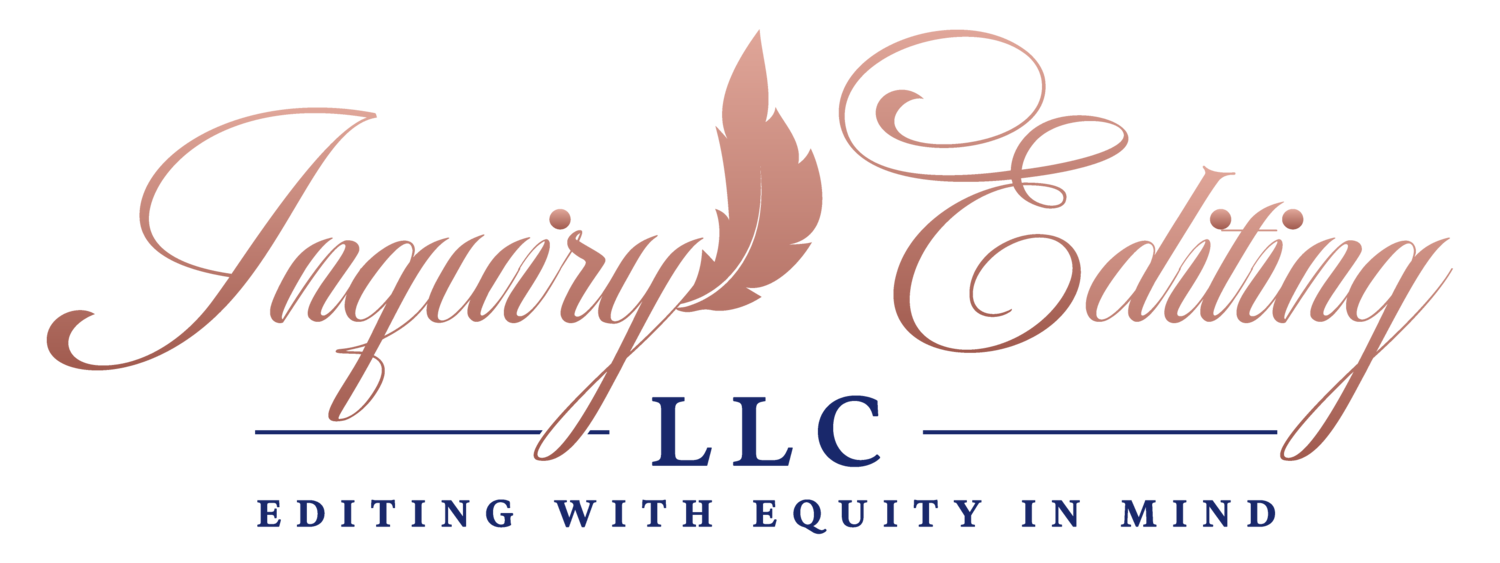May Myth Buster 2: “Write What You Know”
As you know, May is dedicated to myth-busting. I will spend all of May’s newsletters on some of the most common myths or misconceptions about writing. Tell a friend since, you know, sharing is caring.
The last time I went to Vegas, I visited a friend – a wonderful scholar and family man – who had to have a brief chat with one of his children. Nothing serious, I was told later. Just a small infraction requiring swift action in the form of discussion. I was downstairs, sort of oblivious to what was happening until I heard my friend’s descent down the stairs and his deadpan baritone: “Know better; do better, son.”
My friend was signifying on Maya Angelou. The saying has wider application than he or she intended. Originally, the phrase discusses behavior, matters pertinent to personal growth. However, I think of this phrase as a challenge not to what one does but what one knows. As a writer, I think of it in relation to the common writing adage:
“Write what you know.”
Most writers have heard this advice as a way to help them get started. Intended as a way to get an inexperienced writer to focus, it asks one to hone in on an experience, an emotion, a situation that they could describe well. Familiarity from experience can be a different sort of research. Writers tap into such familiarity all the time: in pop, this looks like Taylor Swift. In fiction, it looks like the debut novel that has a protagonist functioning as proxy for the author. In poetry, it is the poet who’s collection is based on autobiography. For the academic, it is the pet project. Also, the personal essay.
To be clear, none of these are a problem per se. In fact, some of the most successful projects have come out of this. I’m not a Taylor Swift fan, but her work is impactful. You feel it (if you feel it) because she feels it. For fiction, it is Rabih Alameddine’s early projects like The Perv and K.O.O.L.A.I.D.S: The Art of War. In poetry, it is Ada Limón’s The Carrying. For the academic, it is Farah Griffin’s Real Until You Understand or Robin D.G. Kelley’s Thelonious Monk: The Life and Times of an American Original. Wesley Yang’s The Souls of Yellow Folk is a brilliant essay collection.
Here's the thing: you can write what you know, but you’d better know more. And, indeed, for the projects mentioned above, those artists do try to know more. Taylor Swift clearly talks to a therapist. Rabih Alameddine mobilizes his knowledge of exile into a novel called I, the Divine: A novel in first chapters where he writes a woman protagonist and experiments with fragmentation as a matter of form. Ada Limón’s poetic project expands the experience of fertility and infertility to think about motherhood, drawing prompts from within the poetry itself. Farah Griffin combines her vast knowledge of African American literature with her personal experience while cohering her ideas around big ideas. Robin Kelley’s biography of Monk explores both the structural framework around the musician’s life (one of Kelley’s areas of expertise) along with the music (an area of interest). I realize what is in parentheses may also be a false distinction at this point. Wesley Yang’s essay collection combines personal feeling with thoroughly researched profile pieces, and news-driven work. In each of these spaces, artists strive not just to write what they know, but to know more.
Research is not the enemy of creativity.
It fuels it.
For those who get stuck writing, go do (within reason people), be, watch, read, listen, or otherwise engage with the world. Sometimes the answer is not (gasp!) to jump into the writing process but to hop into the research process. The question then, is not “what do I know?” Rather, the question is, “what can I learn?”
I already hear the skeptics, asking about how you gain emotional knowledge. They might be wondering how it is you write from an experience you’ve never had. Never fear! I have a solution for this. It strikes me as a matter of knowledge about craft. Being able to write regret, hunger, consternation, irritation, conflict, or other “ugly feelings” (to borrow from Sianne Ngai) requires looking at those who have done it well. If I want to learn how to write about longing, I’ll read Danzy Senna. If I want to write irreverence, I’ll read Percival Everett. If I want to write honest introspection, I’ll read Kiese Laymon. If I want to write food, I’ll read Diana Abu-Jaber. The list could go on.
Then, once I know better, I do better.
